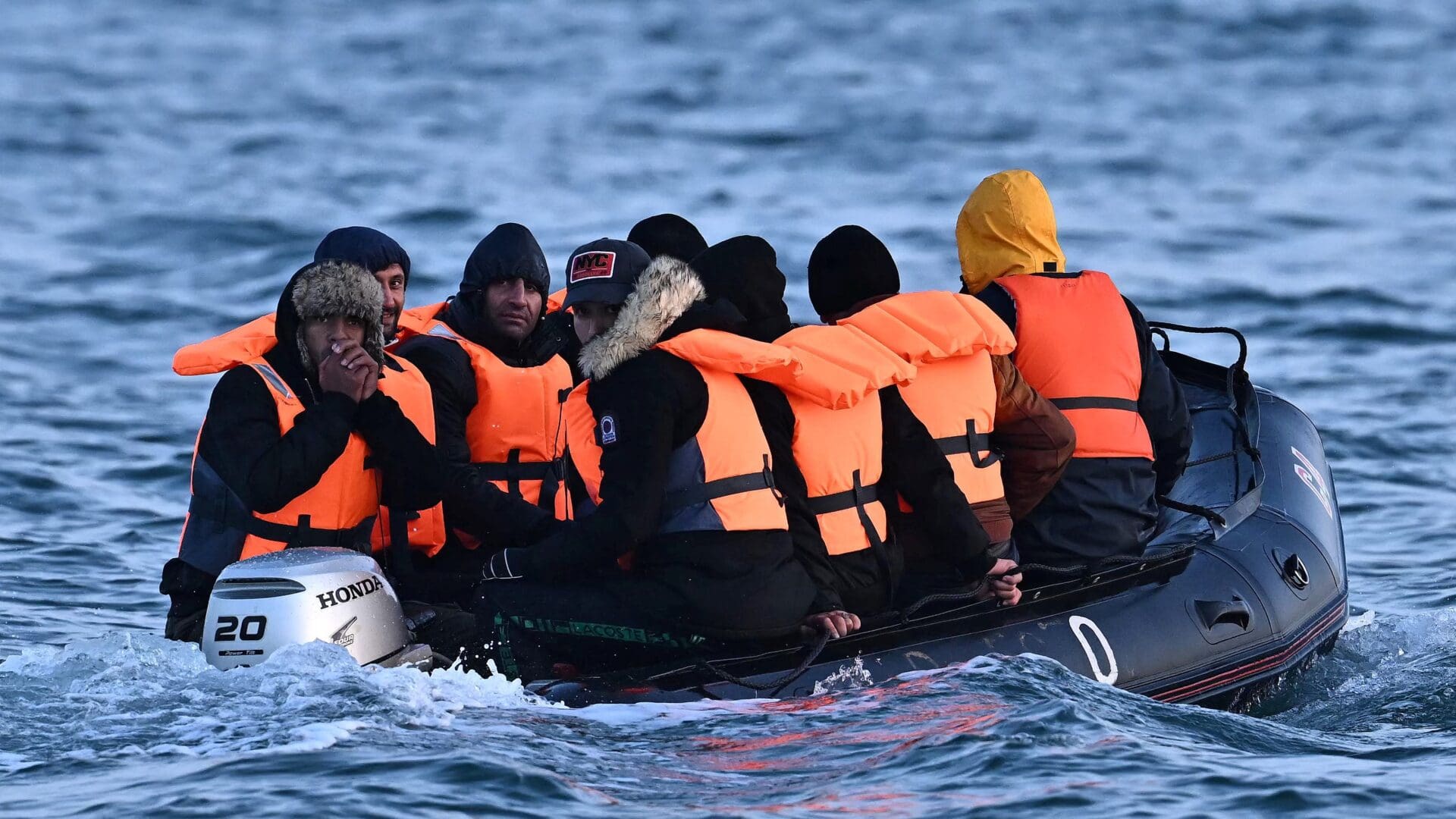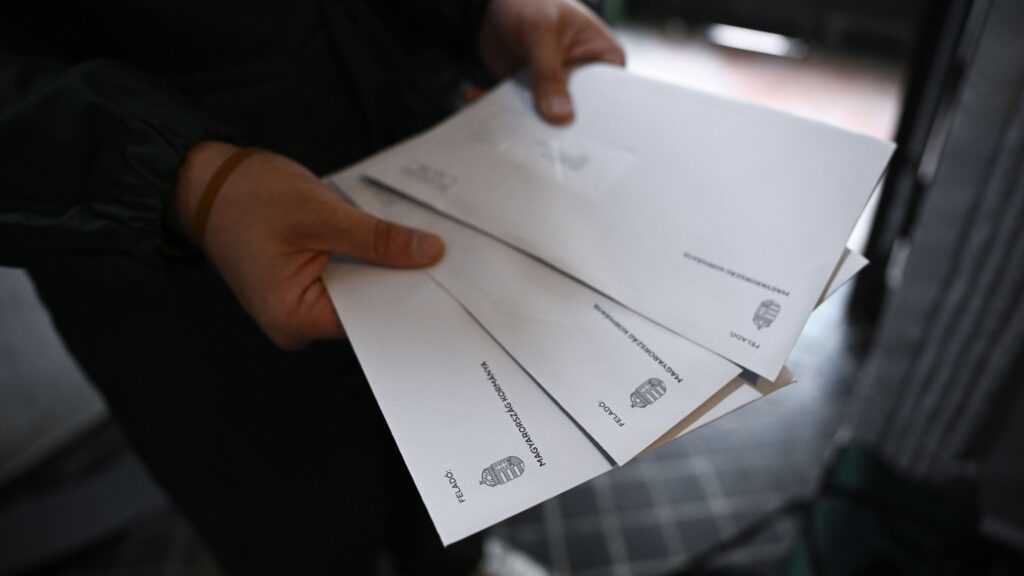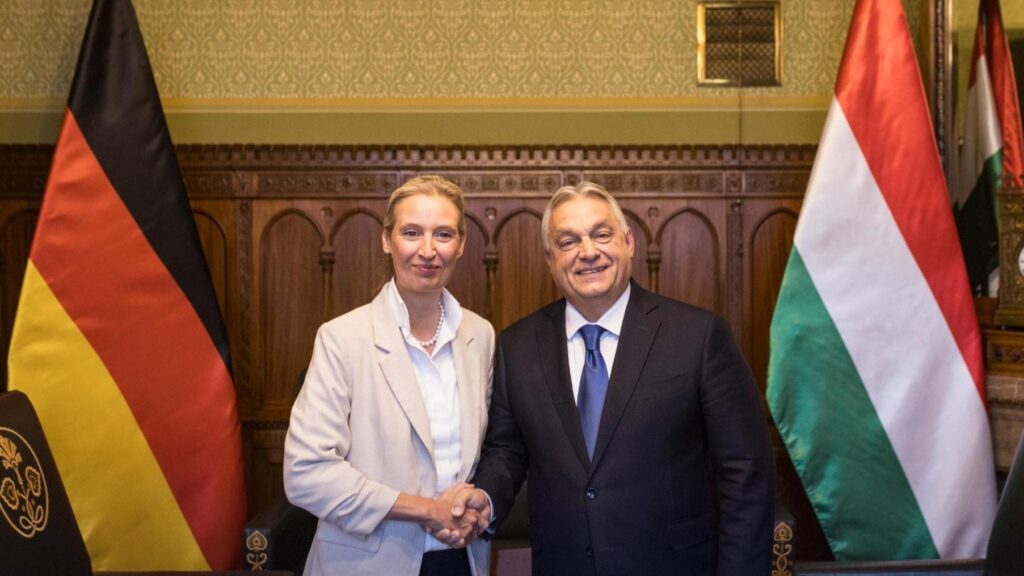The following is a translation of an article written by Vivien Kalas, a researcher at the University of Public Service Institute for Strategic Studies, originally published on the Five Minutes Europe blog of Ludovika.hu.
Six member states call for stricter migration policies.
The week before last week, the interior ministers of six EU member states — Austria, the Czech Republic, Denmark, Poland, France, and Germany — and the European Commission’s migration commissioner met in Germany to agree on a common position on the future of European migration and asylum policy. In a joint statement adopted after the meeting, the politicians outlined five points that they believe represent a new direction for the future. To respond more effectively to the challenges ahead, member states should simplify and expedite all related procedures and introduce stricter rules to combat illegal immigration. The second point was the crackdown on people smugglers. The ministers called on the European Commission to continue concluding agreements on the exchange of personal data with Europol and, in particular, with Türkiye and North African countries.
‘Politicians outlined five points that they believe represent a new direction for the future’
Member states would also make returns more effective. In this regard, they welcomed the Commission’s proposal for a regulation submitted in March, one of the most important points of which is the establishment of so-called return centres. These centres could be set up by member states in third countries on the basis of bilateral agreements, and people staying illegally in Europe could be returned there. The fourth major area where ministers would change the EU’s migration policy is the protection of external borders. Politicians drew attention to the importance of ensuring adequate funding in the next seven-year budgetary framework to strengthen protection, as well as preparing for new challenges such as the risk of instrumentalization. The latter is of particular importance for Poland among the participating member states, as the Polish parliament adopted legislation earlier this year that allows for the suspension of asylum applications in such cases.
Finally, ministers proposed deepening and broadening cooperation with third countries, both in the case of countries of origin and transit. They expressed their support for the European Commission’s proposal to establish a common list of safe third countries. In addition, it would allow asylum procedures to be carried out both in the issuing country and in the transit country.
The implementation of the intentions expressed in the joint declaration requires the agreement and support of the European Commission and then of the other member states.
Related articles:
Click here to read the original article.







